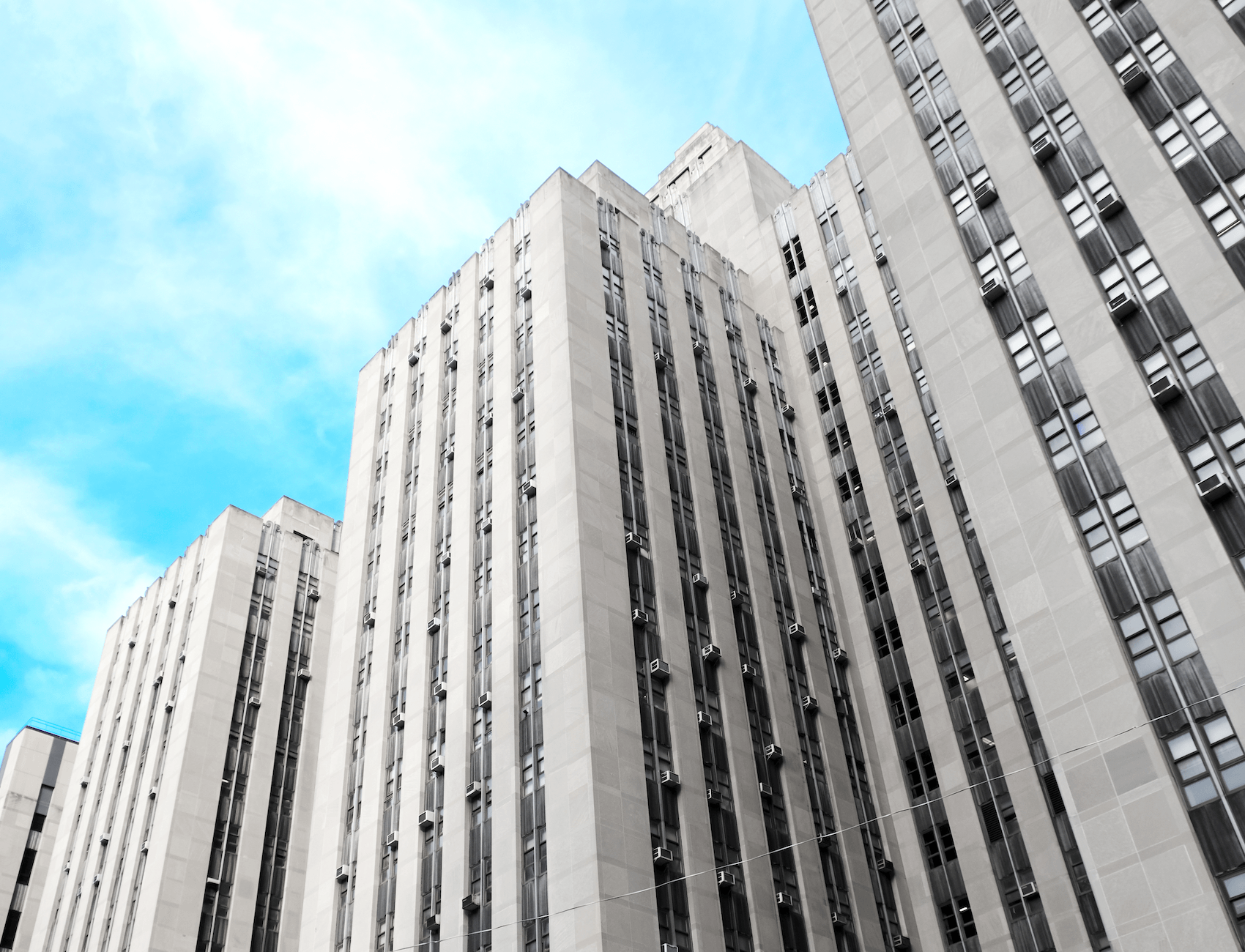New York City Courts Still Dangerous For Spread of Coronavirus, Public Defenders Say
While those facing charges appear by video at arraignments, all others—attorneys, officers, the judge—are in the courtroom in close quarters, defense attorneys say.

Despite a global pandemic that has forced much of the country into isolation, it’s “pretty much been business as usual” at arraignments inside New York City’s courtrooms, according to an attorney with the Legal Aid Society.
“The only difference is that our clients aren’t allowed into the courtroom,” the attorney, who asked not to be identified to protect their client’s privacy, said in an email. “[On one day] there were even more police officers in the well than usual, and at one point, between six and eight police officers were standing within inches and feet of each other, all near the defense table.”
COVID-19, which has been spreading rapidly, is transmitted through respiratory droplets, expelled when a person who is infected coughs or sneezes, as well as through contaminated surfaces. While much is still not known about the virus, researchers believe people who are infected can be contagious even if they are not experiencing symptoms. Cuomo announced the state’s first confirmed case of COVID-19 on March 1. As of March 19, 2,469 people in New York City have tested positive, making up more than half of the state’s cases.
Social distancing is integral to stemming the virus’s spread, which has led to largely unprecedented changes in New Yorkers’ daily lives. New York Governor Andrew Cuomo has closed schools throughout the state, prohibited dining in restaurants, and closed various types of businesses.
But those who must attend arraignments are still being put at risk, as is anyone they come in contact with, from their families to those they travel with on the subways, according to attorneys with Legal Aid.
While those facing charges appear by video at arraignments, all others—attorneys, officers, the judge—are in the courtroom in close quarters, attorneys with Legal Aid told The Appeal.
“There’s this presumption that only our clients are the people that are the risk factors for passing this contagion,” said Jared Trujillo president of the Association of Legal Aid Attorneys, which represents 1,200 attorneys and advocates. “There’s this idea that it’s just our clients, who are overwhelmingly Black and Brown, who are overwhelmingly low-income, they are the only people that there’s been any real effort to social distance themselves from.”
In an email to The Appeal, Lucian Chalfen, public information director for the Office of Court Administration, said that, “We are currently in the process of developing plans for virtual courtrooms, so if any of the defender organizations would like to work with us instead of relentlessly complaining, we would welcome their input.”
“We are in the process of turning the [nation’s] [sic] busiest court system upside down. It will be available as soon as possible,” Chalfen added.
The union is calling for Chief Judge of the State of New York Janet DiFiore to issue a directive to the Office of Court Administration that all arraignments must be held remotely.
“In every borough our members are just really terrified about what the conditions of arraignments are,” said Trujillo. “At the end of the day, the Office of Court Administration needs to take an action or we will.”
